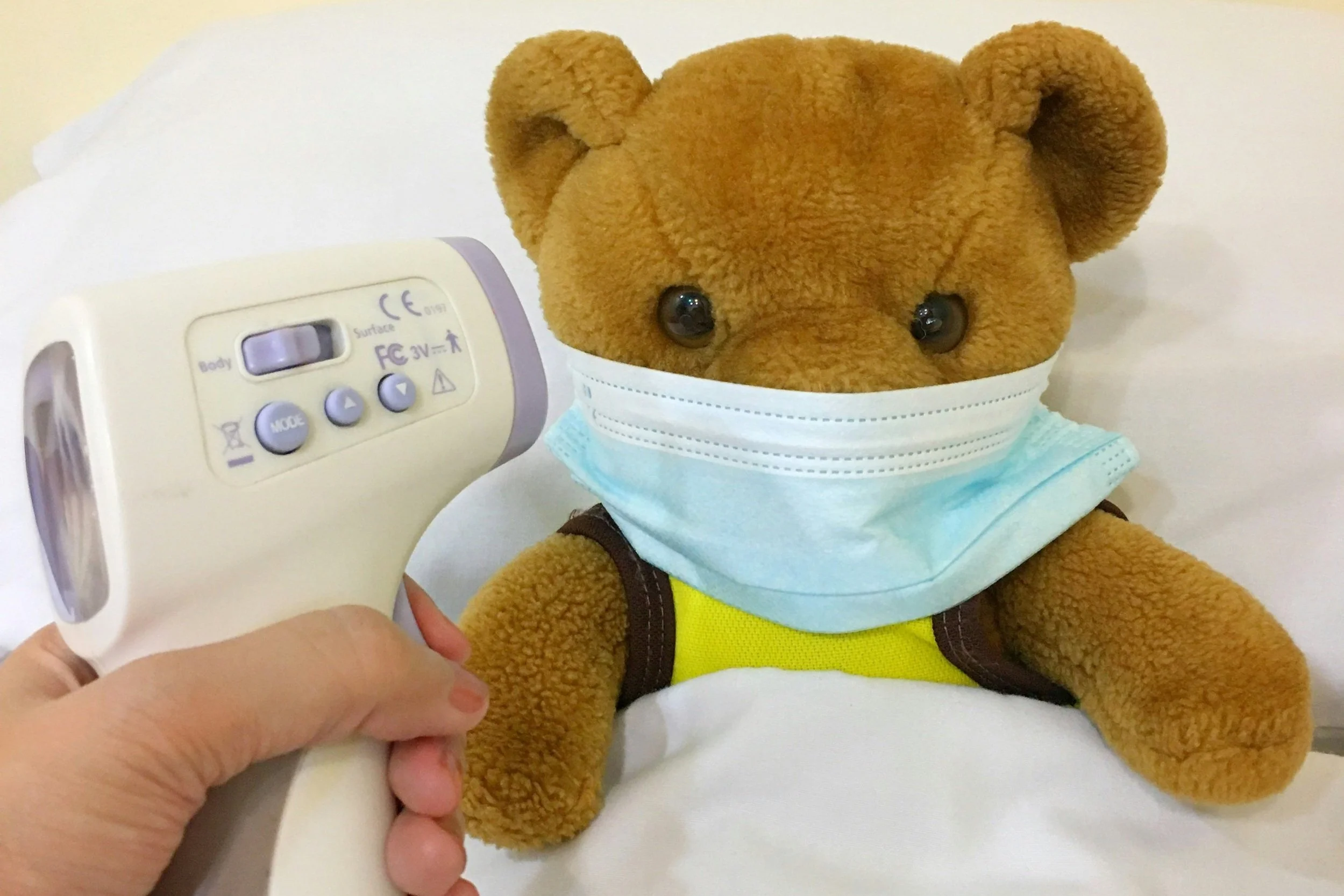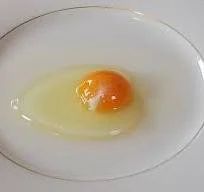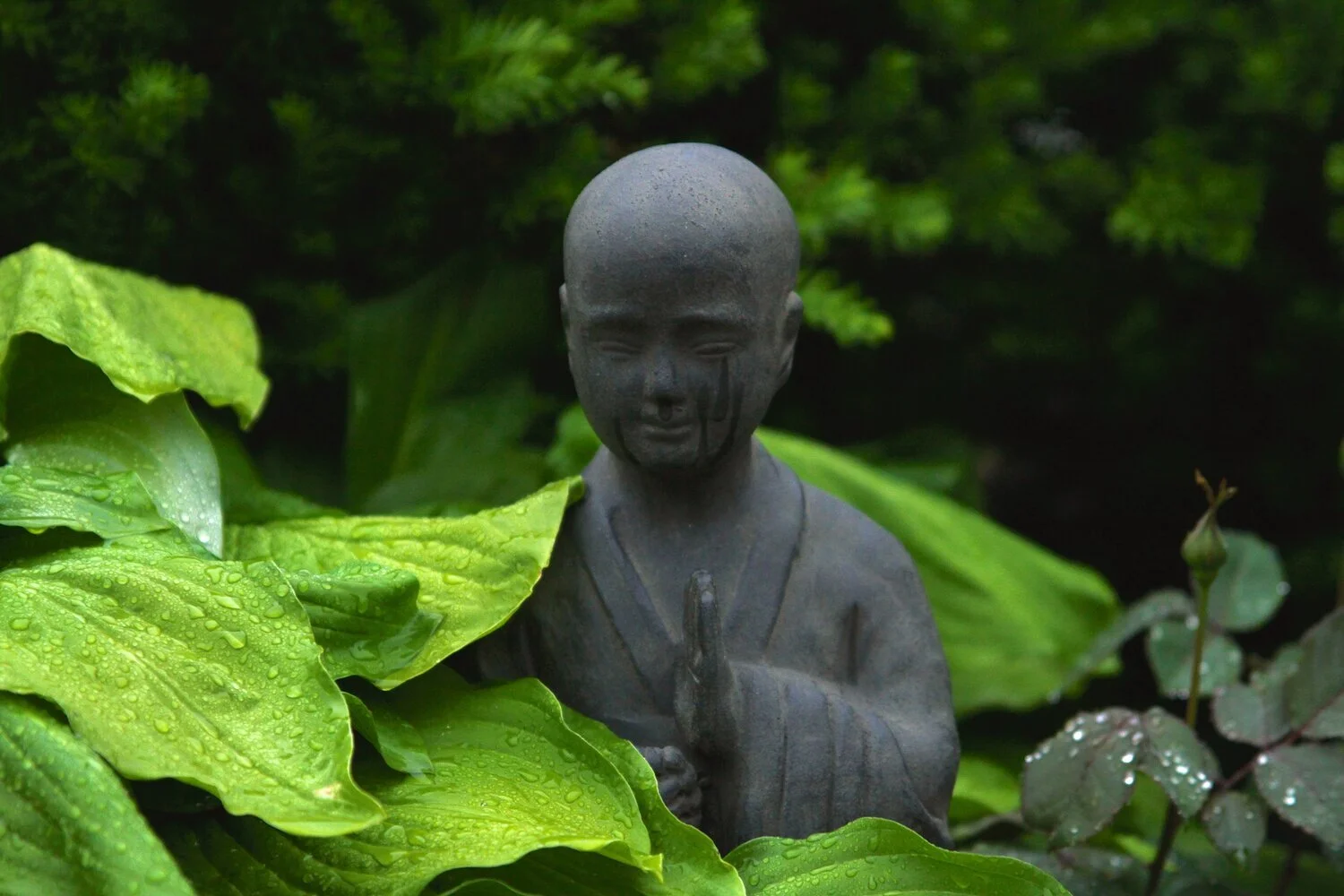I Have a Difficult - to - Treat Illness. Will Acupuncture and Herbs Help?YES!
My sickest patients often have this question – Do I treat their illness? They need to know that I can help before taking the leap of investing money, time, and that even-more-precious resource, HOPE! into another strategy. Here are some real life examples from my practice of what this can look like.
Feeling like you are always sick?
I love noticing patterns in clinic as a sign of what is happening in the larger world.
Last month I had a trend of patients who wrote on their intake forms things like: “rotating sicknesses”, “I have gotten sick 3 times in the past 5 weeks”, “feel like I am always sick,” “rest does not help sicknesses,” and “lingering cold”.
How to Time Sex or At-home Insemination When Trying to Conceive
One question I get a lot in the clinic is what exactly is the best way to time insemination?
Why Did My Acupuncture Treatment Make Me Cry?
There are sections of our bodies that become stuck by strong emotion.





